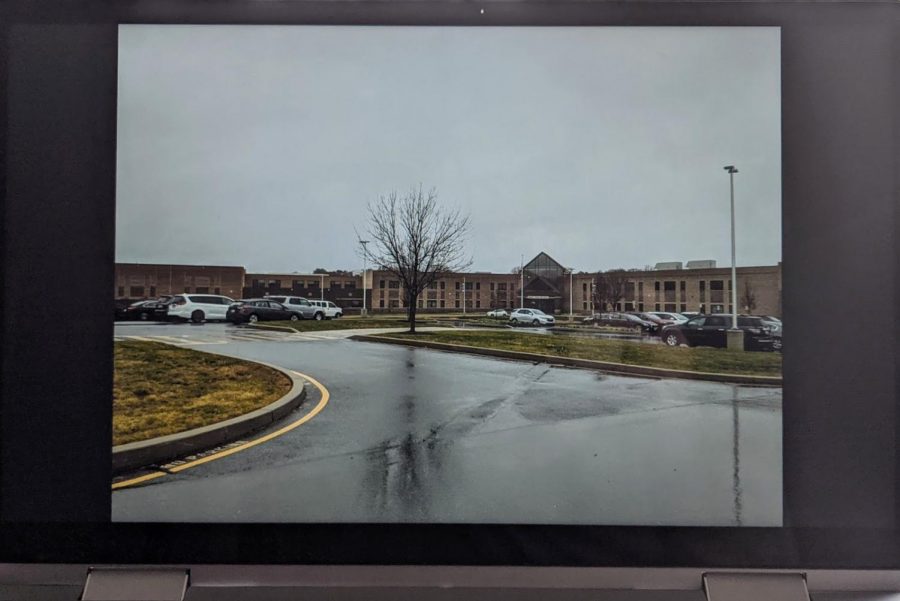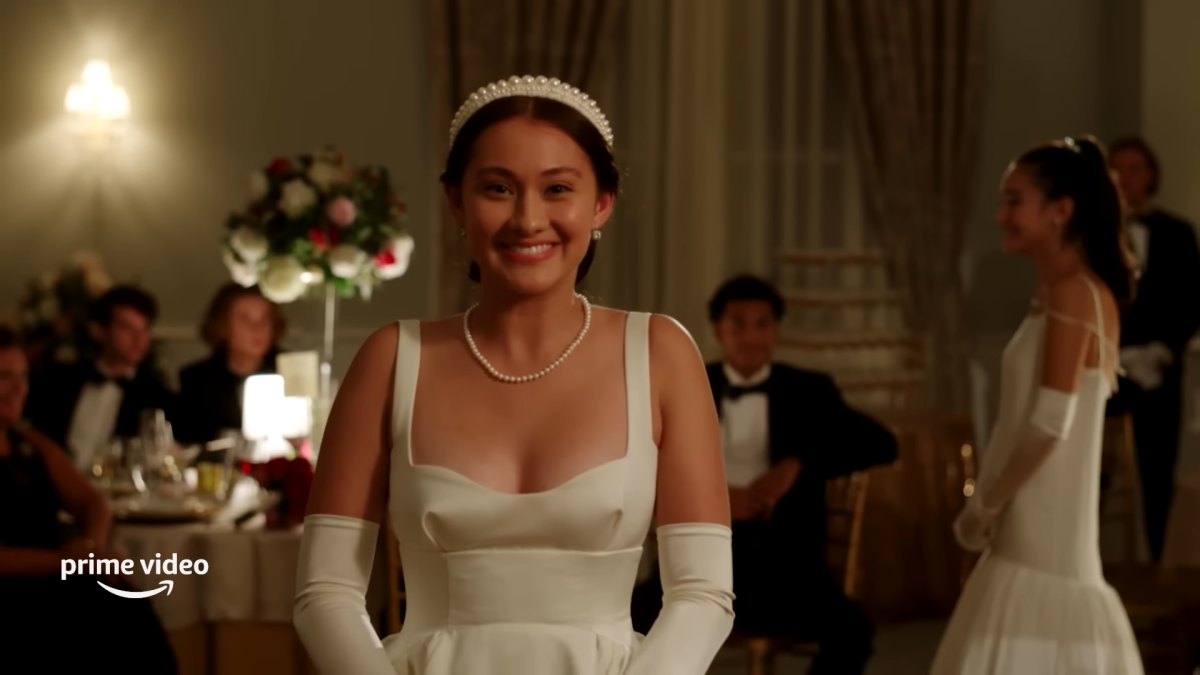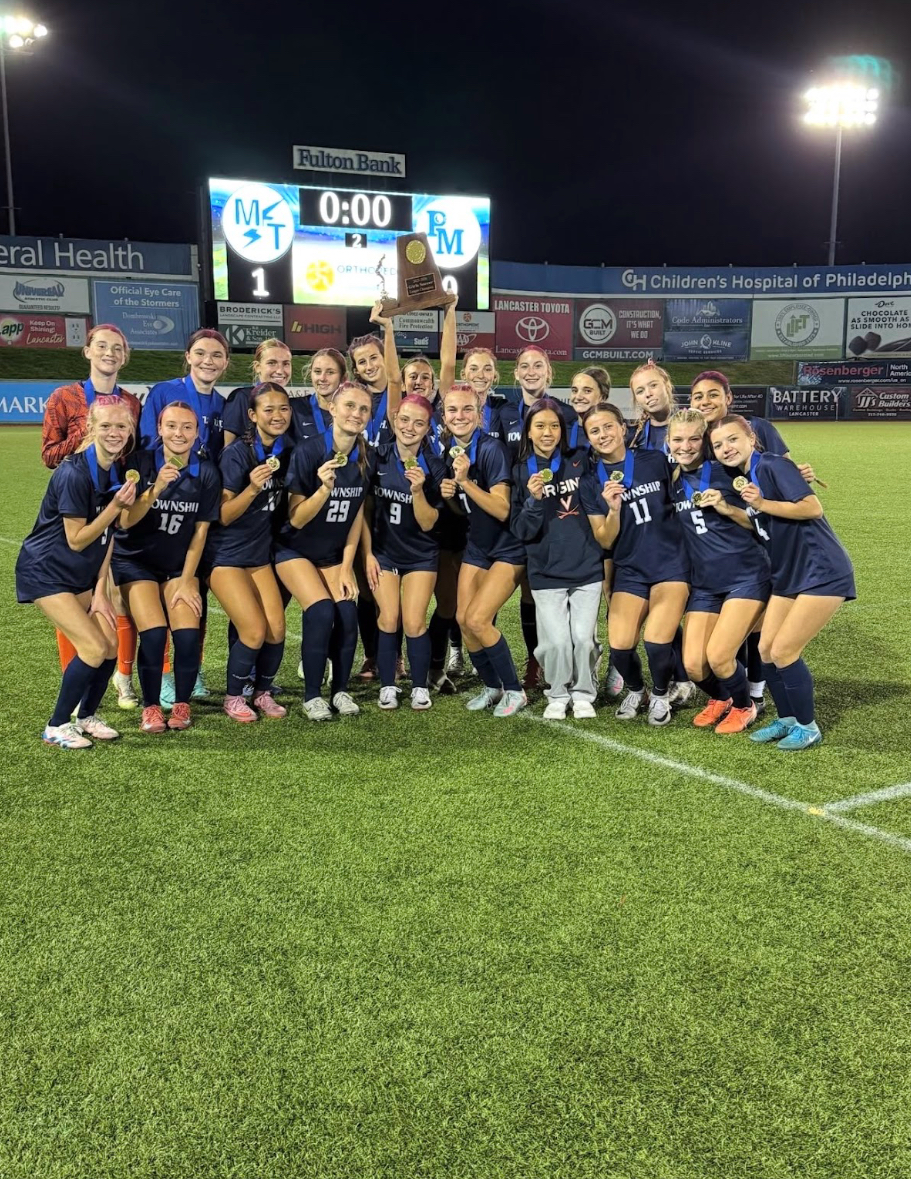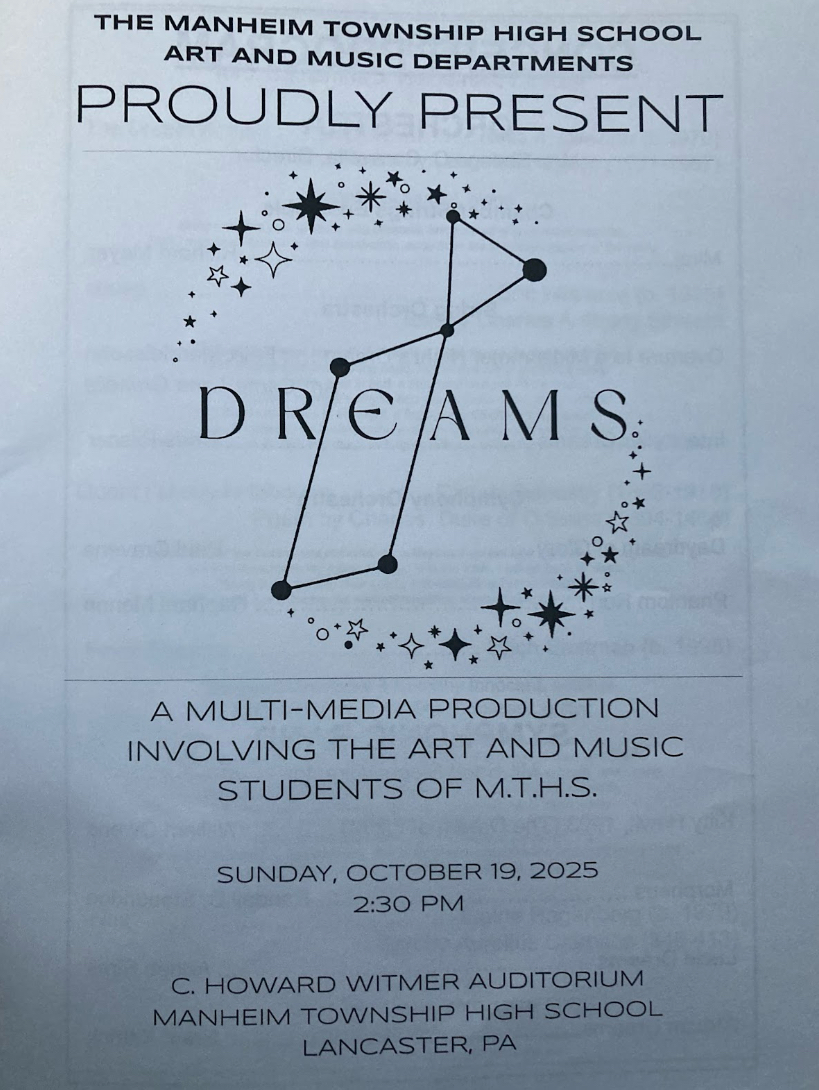Mandatory cameras-on policy draws praise from teachers
February 5, 2021
The recent implementation of a “cameras-on” policy in the High School aims to increase the level of student engagement during online instruction. The policy mandates that students must turn their cameras on during roll call, instruction, class discussions, and in breakout rooms — but these requirements are largely at the discretion of each teacher.
Some teachers believe that the policy brought necessary change. Math teacher Rachelle Impink says she believes that requiring students to turn on their cameras improves the quality of education. “We [teachers] will be able to see when you’re bored and we need to move faster or when you’re struggling and we need to slow down,” says Impink.
“I think it was something that had to be done,” says Brett Donmoyer, a history teacher, “Facts are that students are not doing as well this year as they have traditionally, and this is especially true for students that are working remotely. We have all heard the stories and had experiences with students signing into Zoom and then leaving their iPad/laptop to do other things.”
Some teachers are unfamiliar with the Zoom format. Brittney Hix, a new business teacher, says that “My previous school district I taught at didn’t live teach on zoom, I was only on for office hours to answer questions if needed so this is all new to me. … For my Accounting classes I am almost 100% of the time sharing my screen because we use Excel daily so I haven’t tried the cameras on yet.”
Student reaction has been a bit more varied, with many already choosing on which side of the issue they stand. Reece Heller, a junior, says he believes that requiring students to turn on their cameras would not improve the quality of Zoom education. “I think that more people are gonna skip classes just so they don’t have to turn on their cameras,” says Heller.
Junior Conlin Sauder says it was difficult for him to learn online, but expresses optimism for the new cameras-on policy. “I think that [the camera policy] will help engagement, and that it will help teachers/students who are online to have at least some sort of interaction,” says Sauder.












